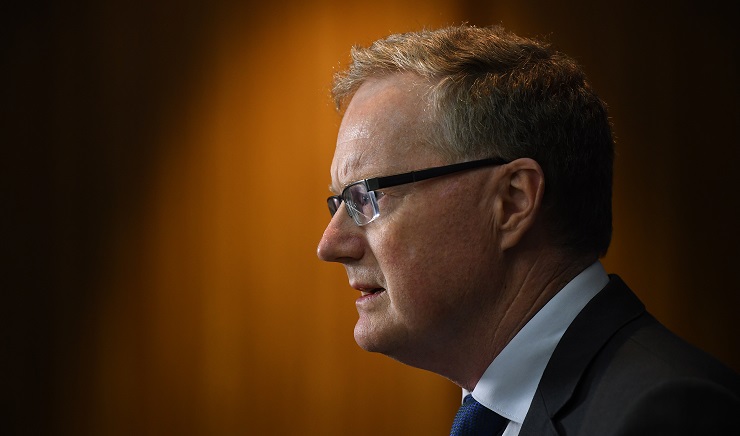Financial markets are used to a world where inflation is the only thing that matters. Central banks insist the world has changed.
It’s clear that financial markets are struggling to adapt to a fundamental change in central bank thinking driven by the pandemic — one that has elevated employment as a central bank goal.
For bond markets, it’s all about inflation and how it will drive the next move in interest rates. That’s what has driven recent ructions that forced the RBA to step in and spend more to keep both three year and ten year bond prices down. To an extent it’s understandable — any bond trader under 40 grew up in a world where central banks were fixated on inflation, even at the cost of higher unemployment.
After a prolonged period in which central banks serially undershot their inflation targets, that’s changed. The US Federal Reserve last year softened its inflation target and adjusted its full employment expectations to allow for higher employment and inflation before it would tighten monetary policy. Here, the Reserve Bank has shifted its inflation target thinking from expectations to sustained actual inflation.
Go deeper on the issues that matter.
Register your email address to get FREE access on a 21-day trial.








